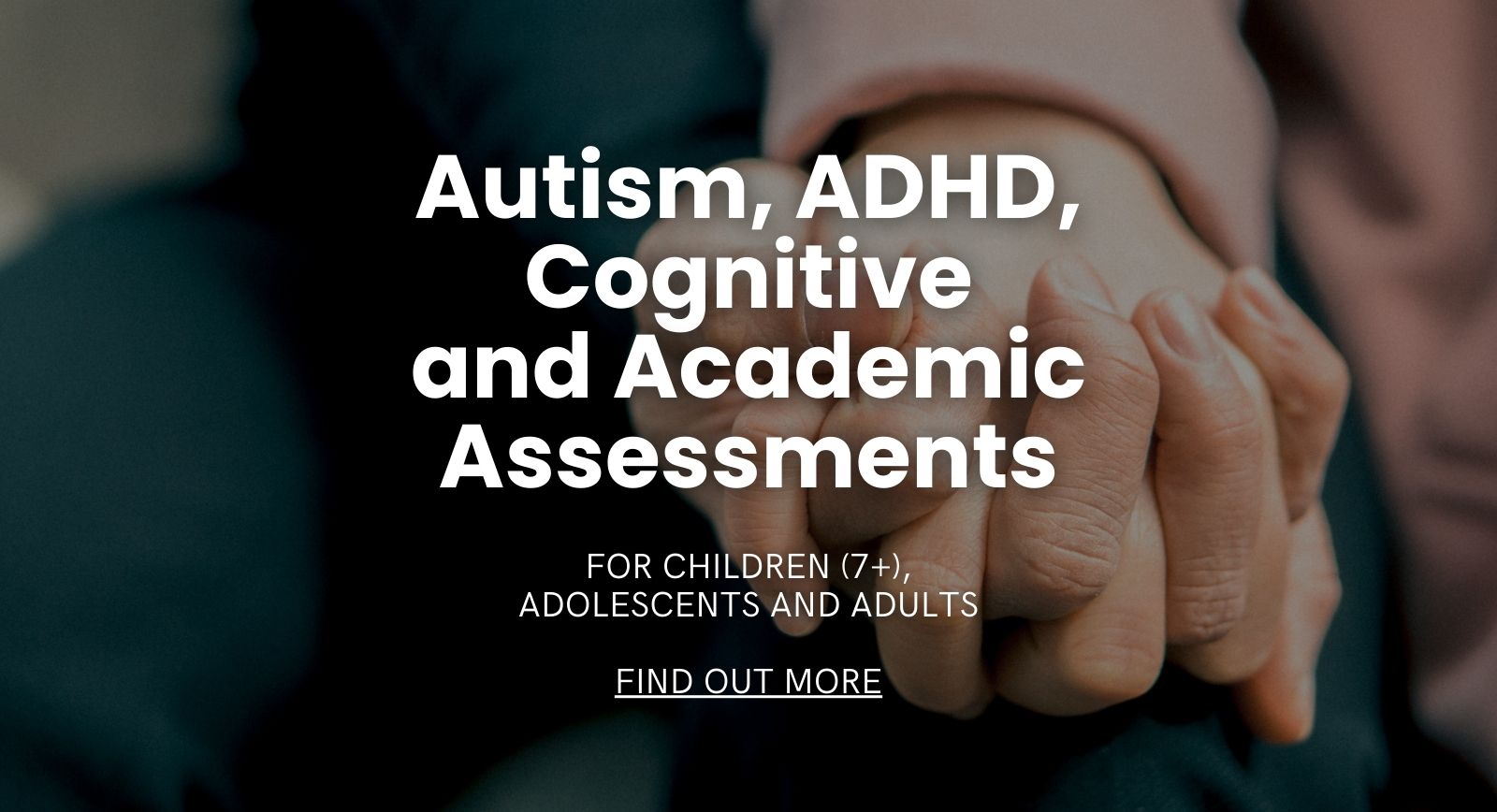Articles
Receiving an ADHD diagnosis after an ADHD Assessment, either for yourself or a loved one, can often be accompanied by a surge of emotions: relief, confusion, curiosity, or even apprehension. One of the best ways to navigate these feelings is through knowledge. Fortunately, there is an abundance of valuable resources on ADHD. Let’s dive into
> Read MoreFirst and foremost, take a deep breath. You might be feeling a whirlwind of emotions after your recent ADHD diagnosis after an assessment, but please know you are not alone. This guide is designed to walk with you, step by step, as you navigate the path ahead. 1. Process Your Emotions It’s natural to feel
> Read MoreAs a teacher, you are able to witness how children behave when they are separated from their family, in a social environment where learning is a key focus. In the school environment, you may notice things that parents don’t particularly get to see. So how do you approach a family, kindly and respectfully, when you
> Read More1 in 15 people are neurodivergent, which means that their brains process thoughts, learning, and other “wiring” of the brain differently to majority of the population, who are considered neurotypical. It refers to a variety of processing and learning differences – such as Autism, ADHD, dyslexia, dyscalculia, dysgraphia and dyspraxia. In schools, neurodivergent children and teenagers are more likely than other neurotypical students
> Read More




